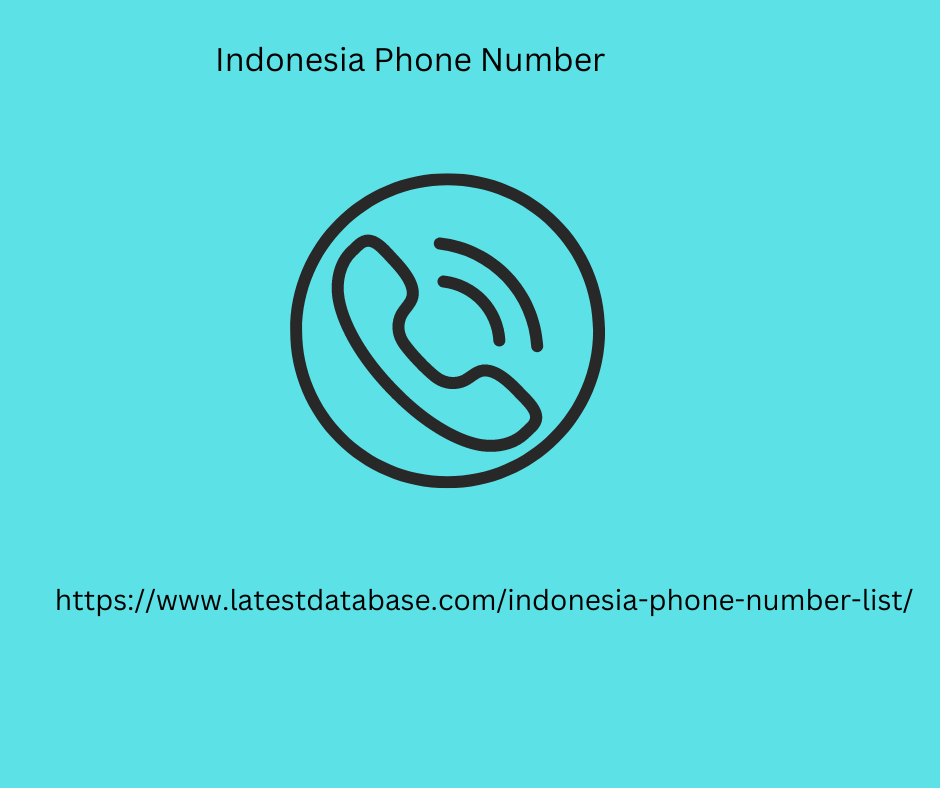|
|
Then sales attribution can naturally be quantified to the number of customer conversions, the amount of business opportunities, and even sales revenue. For the brand marketing function, it is probably the most complex topic that deserves a good discussion. Traditional brand marketing effect measurement usually involves consulting companies conducting user sampling surveys to obtain relevant conclusions, such as conducting questionnaire surveys and interviews on selected customers and target audiences on issues such as brand awareness.
Preference, and purchasing behavior to obtain their opinions on the brand. Related views, by tracking whether a brand Indonesia Phone Number marketing activity has changed the user's perception, we can judge whether the brand marketing activity is effective. However, in terms of methodology, I think this kind of survey is actually somewhat biased. For example, the sampling sample does not provide specific explanations. Different conclusions generated by different users at two different time points will also produce random errors.

So is there a better way? The answer is definitely yes. I don’t have a perfect answer here, but I think it can also be considered from the perspective of digital brand marketing. Brand marketing activities are through social media. For example, if WeChat official account updates, Douyin account content updates, and digital media placement are carried out, relevant content interaction data and advertising effect data can be obtained.
|
|